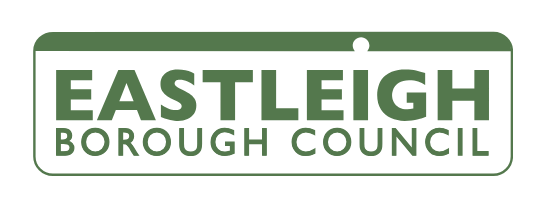When Liberata embarked on its five-year ‘Going Digital’ programme aimed at raising the quality and outcomes of local authority revenue, finance and benefits services, we scrutinised the level of digital automation in our processes. We measured what proportion of our local authority’s customers presented digitally and, crucially, flowed through to completion without needing any manual or paper-based intervention.
We were surprised to find in 2018 that only 20 per cent of our total volumes were fully automated and digital.
So began a relentless effort to increase that percentage, doing everything we could to boost the uptake of online channels and then maintain the electronic format until transactions were concluded.
This was largely achieved through the systems and tools we had already invested in, and the skilled people across all our physical sites.
Two years in and the level of digital presentation has doubled to over 54 per cent. For our leading client, these levels are reaching 66 per cent. The levels of automation are just over 49% and we aspire to reach 75 per cent by the end of our ‘Going Digital’ programme.
For citizens using these services, that means less time taken to process a claim. For example, Housing Benefit new claims were processed 37 per cent faster than the national average based on the latest available national dataset. These have since improved by a further 24 per cent. There is far less need to contact us directly, and call and walk-in volumes are down 40 per cent since 2018 – meaning a smoother experience for claimants.
It has also improved the experience for our staff. Increased digitisation means we can much more easily move work around the organisation. The work can be completed at speed in the office or by home-workers across our virtual network. Less office space is needed and this increased flexibility has meant improved business resilience.
An unintended consequence today thanks to the efforts of our internal teams is that 90 per cent of our 1,200 employees are mobile and use standard technology to work from any location, including home, with only certain roles such as property maintenance and face-to-face customer services, unable to benefit from mobile working.
Whereas once ‘home-working’ was a lifestyle choice offered as part of being a flexible employer, the coronavirus crisis has meant this has become a critical capability and contingency plan.
Liberata and our local authority partners have been successful in rapidly switching a large proportion of back-office staff to home-working arrangements in response to the Covid-19 outbreak. This has been enabled precisely because we focused on ensuring that the bulk of our transaction work could be completed through digitally-enabled and automated processes.
No one envisaged needing the contingencies we are now putting in place as a result of the pandemic, but the above sequence demonstrates that positive partnerships between the public and private sector, capitalising on the potential of digital, can have a transformative impact on service delivery and business continuity. Achieving this has helped keep the local government services running for everyone.
Charlie Bruin
Chief Executive Officer





